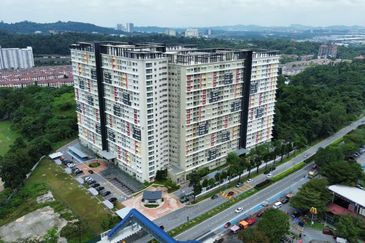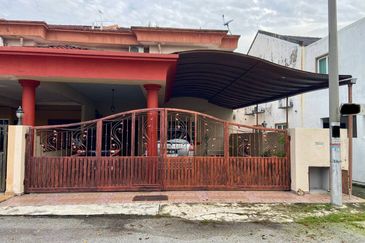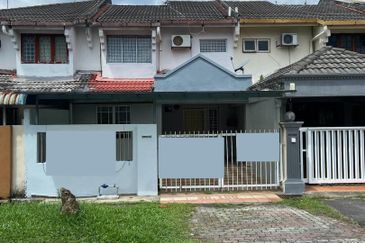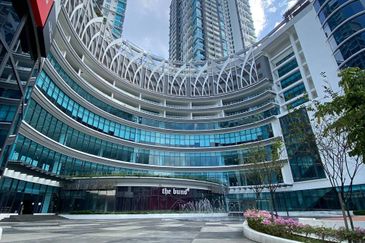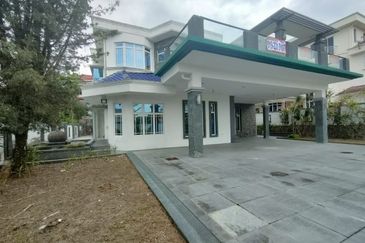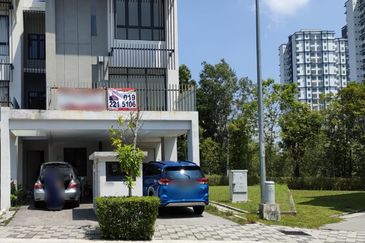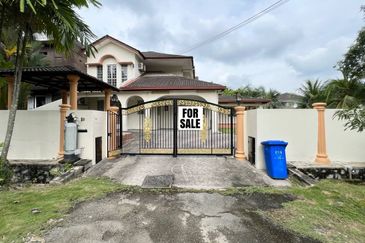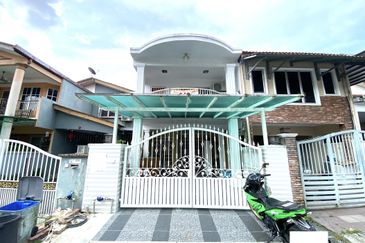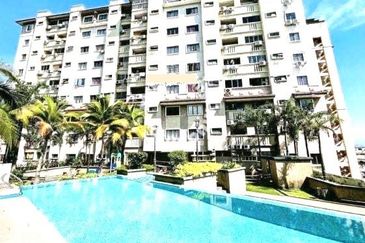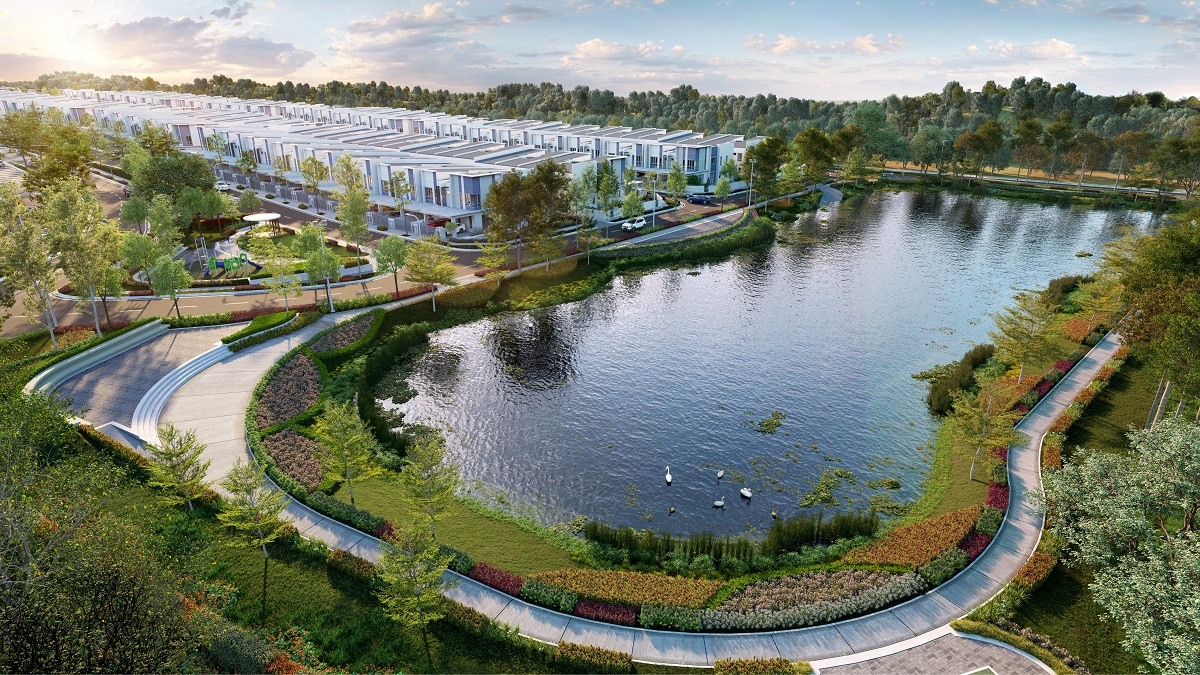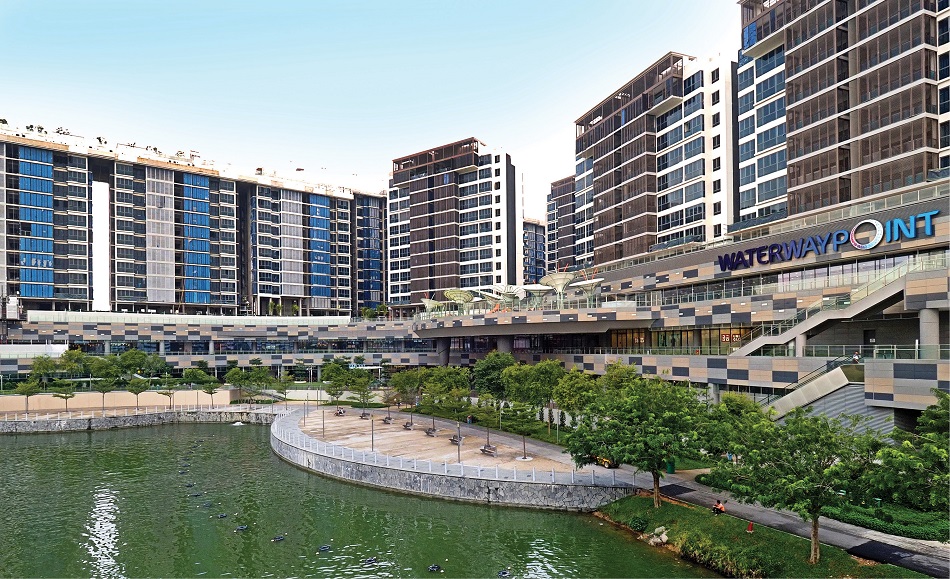
WITH widespread expectation that global interest rates will stay low for a long time, real estate investment trusts in Singapore have performed well since the beginning of this year, despite a chorus of warnings about the deteriorating fundamentals of the commercial property sector. In particular, yield hunters seem to have gravitated towards retail property REITs, which have relatively large portfolios of predominantly Singapore-based properties and proven track records in growing their distributions per unit organically.
If distribution per unit (DPU) yields continue to compress, these REITs could seize the opportunity to raise funds for acquisitions. Against the backdrop of rising vacancy rates and sagging rents, acquiring fully tenanted and stabilised properties is a more sensible way for REITs to grow than expanding their rentable space organically through asset enhancement initiatives (AEIs). For investors, this shift in strategy, if it occurs, would mean having to be prepared to reach into their pockets, which could be a shock for those who piled into the REITs with the intention of passively earning a yield.
Since the beginning of the year, the FTSE REIT Index has risen 9.4% versus a 1.1% rise in the Straits Times Index. Big retail property REITs have outperformed the REIT sector as well as the broad market by a fairly wide margin. For instance, Mapletree Commercial Trust (MCT) is up 21%, Frasers Centrepoint Trust (FCT) 20%, CapitaLand Mall Trust (CMT) 11% and Suntec REIT, which generates 41% of its gross revenue from retail space, is up 15.9% this year.
At least one REIT has already taken advantage of the strong investor interest this year to raise funds for an acquisition. On July 5, after its units rose 13% since the beginning of the year, MCT said it would acquire Mapletree Business City Phase 1 for S$1.78 billion (RM5.35 billion), funded by a combination of debt and equity. On July 27, MCT said it would issue 727.7 million new units to raise S$1.02 billion. It has already placed out 364.9 million units at S$1.45 each to raise S$514.5 million. Now, MCT is preparing for a preferential offering of 362.8 million units at a ratio of 17-for-100 units at a price of between S$1.39 and S$1.43 to raise at least S$504.3 million.
With Mapletree Business City Phase 1 in its fold, the profile of MCT will change dramatically. For FY2016 ended March 31, VivoCity accounted for 66% of MCT’s net property income. However, on a pro-forma basis, had the new asset been in its portfolio during FY2016, VivoCity would have accounted for only 45.5% of its net property income (NPI).
While some analysts have pointed out that retail property REITs trade at lower yields than REITs that hold industrial properties and business parks, MCT will see its DPU rise following the acquisition and equity raising exercise. When MCT initially announced the purchase of Mapletree Business City Phase 1, and its intention to raise funds, it said the acquisition would boost its DPU for the six months to March 31, 2017 by 0.13 Singapore cents to 4.27 Singapore cents, giving an annualised DPU of 8.54 Singapore cents. For FY2016, MCT reported a 1.3% rise in DPU to 8.13 Singapore cents.
Maybank Kim Eng points out that business parks have good underlying fundamentals at the moment, which should benefit MCT. “Increased exposure to business parks is the key plus point,” says Maybank Kim Eng in a recent report. Notably, Singapore’s S$19 billion Research Innovation & Enterprise plan will promote R&D and high-value industries, driving demand for business park space, it points out. According to Maybank Kim Eng, 97.5% of the leases at Mapletree Business City Phase 1 have 3% per annum rental step-ups. It adds that rents for office space at the development are about 24% below the market rate, suggesting good potential for future increases.
Units in MCT remained firm following the announcement of the acquisition and capital raising, rising 4.3%. The REIT is currently trading at a forward yield of 5.2%.
Who’s next?
Now, market watchers say two other REITs may take advantage of the strong investor support to make acquisitions. One of them is FCT. “Its sponsor has a strong pipeline of six malls, of which we believe Waterway Point [in Punggol] could be a good fit in the near term, considering a huge catchment population and lack of strong competitors in the region,” according to a report from RHB Securities.
FCT had a relatively low debt-to-asset ratio of 28.5% as at June 30. According to RHB Securities, the REIT has enough headroom to take on some S$500 million in additional debt, assuming it is prepared to stomach a debt-to-asset ratio of 40%. However, Waterway Point, which has a net lettable area of 370,824 sq ft, currently has a book value of S$928 million. Analysts estimate it would be valued at S$1.04 billion in a transaction. So, it is likely that FCT would have to raise some equity in order to buy it.
For 3QFY2016 (it has a September year-end), FCT reported a 5.1% y-o-y decline in net property income (NPI) to S$31.2 million. The decline was attributed to AEIs at Northpoint, a transition to a new anchor tenant at Changi City Point and adjustments to the tenant mix at Bedok Point. DPU for the quarter was flat y-o-y at 3.04 Singapore cents. Units in FCT are currently trading at a forward yield of 5.6%.
The other REIT that seems likely to make an acquisition soon is SPH REIT. Being relatively small and illiquid, it has not attracted a broad investor following. Since the beginning of this year, its units have risen only 4.4%.
Singapore Press Holdings, the REIT’s parent, stated in its latest annual report that Seletar Mall is a potential asset to be injected into SPH REIT. The 284,000 sq ft mall is linked to the Fernvale LRT station. SPH’s 70% stake in the property is valued at S$495 million. “Seletar Mall continues to trade well and its first round of reversions will be next year,” Credit Suisse notes in a recent report.
SPH REIT currently owns only two properties — the Paragon on Orchard Road and Clementi Mall — with a combined value of S$3.3 billion. As at May 31, it had a debt-to-asset ratio of 25.7%. According to Credit Suisse, the REIT could take on an additional S$480 million in debt and still maintain a debt-to-asset ratio of about 35%. “However, management may take the opportunity to raise equity to fund acquisitions as it will help improve liquidity,” Credit Suisse adds.
For the nine months to May 31 (it has an August year-end), SPH REIT reported a 2.8% rise in NPI to S$120.7 million. Tenant sales fell by 3.2% y-o-y at Paragon, but were up 3.6% y-o-y at Clementi Mall. Its DPU for the nine months was 4.09 cents. Units in SPH REIT are currently trading at a forward yield of 5.6%.
Opportunity for CMT?
Could CMT make an acquisition? The largest of the local REITs, CMT has been focused on delivering organic DPU growth. And, the acquisitions it has made in recent years were not all that large. However, some analysts expect CMT to eventually acquire CapitaLand’s 70% stake in Westgate and 50% stake in ION Orchard.
Wilson Tan, chief executive officer of CMT’s manager, has been tight-lipped about potential deals, though. When asked about Westgate during CMT’s recent results briefing, he would only say, “We are not in a hurry to acquire the remaining 70% and CapitaLand is not in a hurry to divest it. We will take our time; and, at an opportune time for all of us, that will be when a transaction will take place. But we do not have any plans at this juncture.” What about other properties? “We are continually on the lookout for acquisition opportunities,” he says.
As at June 30, CMT valued its 30% stake in Westgate at S$319.2 million. To acquire the remaining 70% from CapitaLand, the REIT would probably have to spend more than S$744 million. According to officials at CMT’s manager, the REIT could borrow an additional S$800 million by pushing its debt-to-asset ratio to 40%. On the other hand, CapitaLand valued ION Orchard at S$3.23 billion in its latest annual report. (The valuation is for 100% of ION Orchard. CapitaLand owns 50% of the property. The other 50% is held by Sun Hung Kai Developments.)
While CMT seems less likely than FCT and SPH REIT to make significant acquisitions anytime soon, it is not standing still. Notably, it is redeveloping Funan DigitaLife Mall at a cost of some S$560 million. The project is due to be completed in 2019. The return on investment is estimated to be 6.5%, according to calculations by CMT’s manager. CMT is also coping well with the headwinds in the retail industry, and could continue to be a reasonably good yield play in the low interest rate environment.
Want to know the price trends of a development? Click here.
This article first appeared in The Edge Malaysia on Aug 1, 2016. Subscribe here for your personal copy.
TOP PICKS BY EDGEPROP
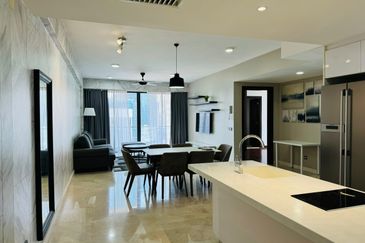
KL Trillion Serviced Residence
Ampang, Kuala Lumpur

Taman Tasik Semenyih (Lake Residence)
Semenyih, Selangor
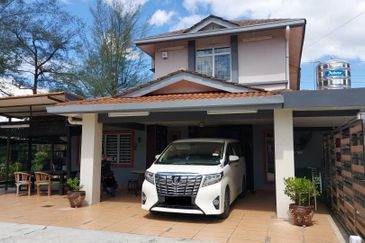
Taman Tasik Semenyih (Lake Residence)
Semenyih, Selangor
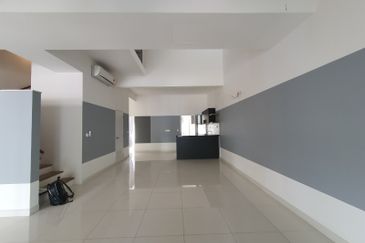
Parkfield Residences, Tropicana Heights
Kajang, Selangor
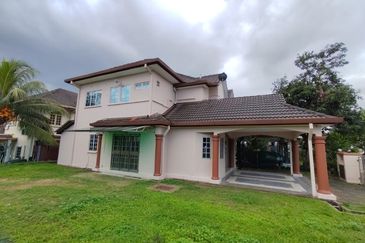
Jalan Suasana, Bandar Tun Hussein Onn
Batu 9th Cheras, Selangor
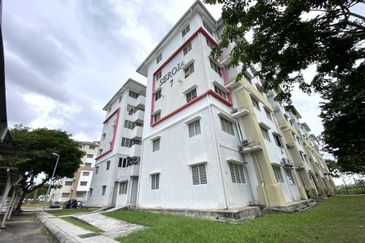
Pangsapuri Seroja
Setia Alam/Alam Nusantara, Selangor
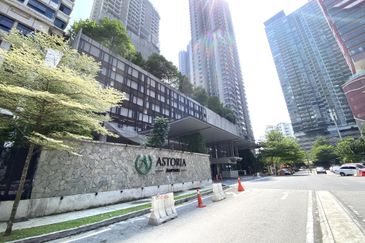
Residensi Xtreme Meridian (Astoria Ampang)
Ampang, Kuala Lumpur

